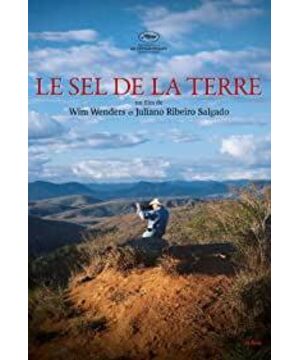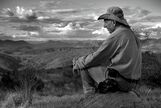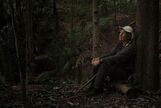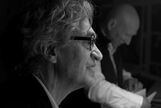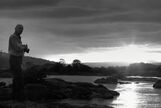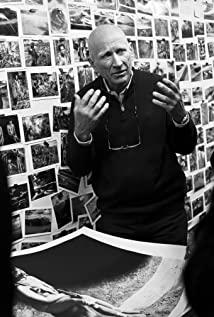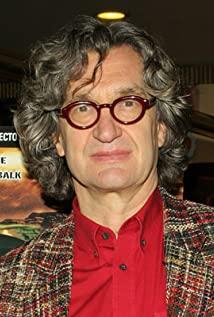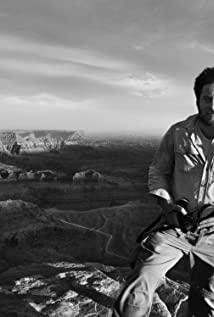"The Salt of the Earth" has always been my favorite documentary.
Salgado is an adventurer, and his background in economics allows him to quickly find the opportunity to shoot, so he goes deep into war zones, refugee camps, gold rush teams, plagued areas, Indian areas...with cameras to record the suffering there. As a photographer, his adventure and dedication is admirable. As the train passed through the refugee camp, dropping food along the way, Salgado said, I'm going to get off the train, get down here.
At the same time, he is also a full-fledged humanitarian, with black-and-white images and compassionate feelings. He talked with the Indians about the ownership of knives, and climbed up and down steep hills with gold diggers, "You can only run down, stop and just Will fall", joined the United Nations Doctors Without Borders... He is equal to every person photographed, and has love and respect for the disadvantaged.
It can be said that he is a professional, enthusiastic and curious photographer. If this is the case, then he will just keep running on the road of photography for marginalized people, and he will still be a successful humanistic photographer. However, when he was filming refugee migration, he chose to change when he saw refugees go and return. I am reminded of the priest in "The Plague" who tortured himself to death after witnessing innocent children being tortured to death by the plague. Salgado, lost the sharpness of his youth, faced the boundary between life and death, and faced the reality that innocent refugees are still fruitless after struggling to survive. With warmth, with one's own power, change the world.
View more about The Salt of the Earth reviews


